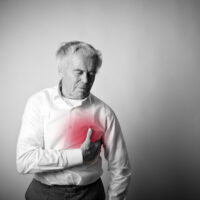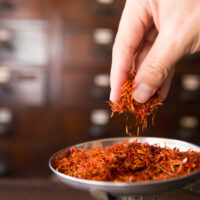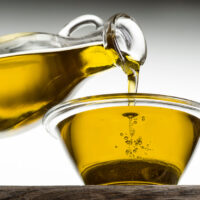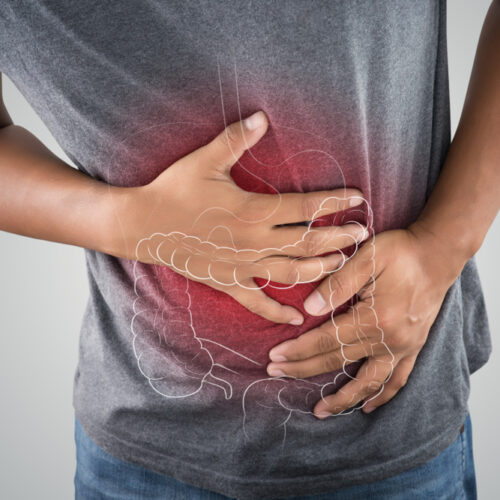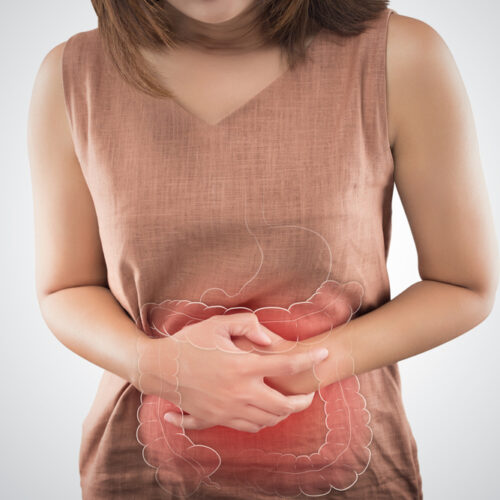Causes and removal of dental plaque
Dental plaque is a type of biofilm which occurs on the teeth due to the bacteria which naturally lives inside the mouth. As scary as it sounds, it happens to almost everyone. In case you need to treat dental plaque, you will need to reconsider your dental hygiene. Dental plaque can become tartar and put you at a higher risk of gum disease and cavities.
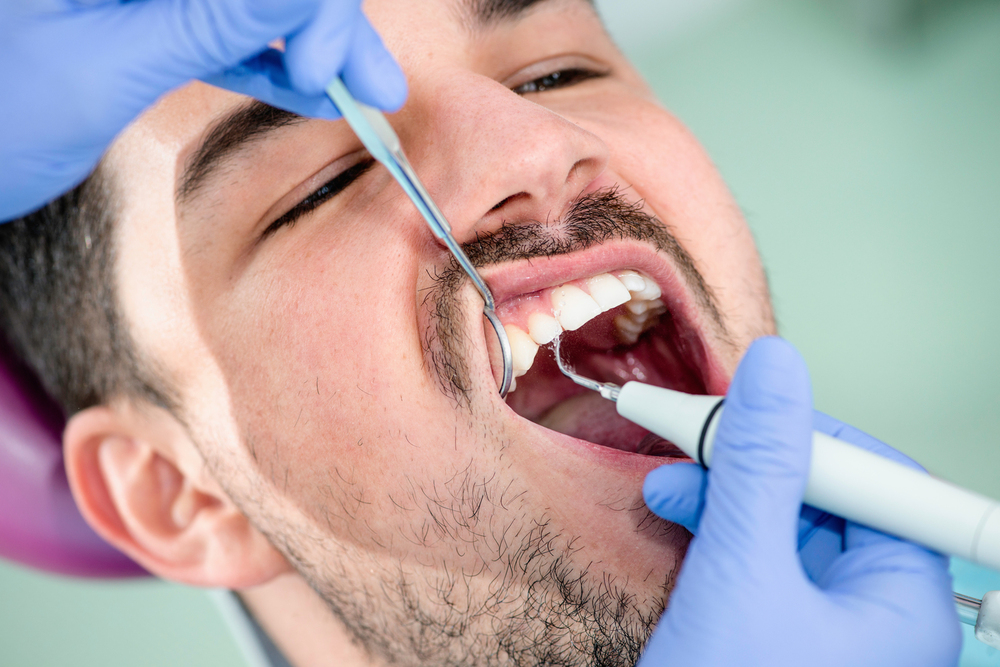
Causes of dental plaque
The mouth always has a lot of bacteria which may accumulate on the teeth surface. This results in the creation of a bacterial film and it typically begins at the gumline. The development of dental plaque happens to almost everybody and is completely normal to be found during your routine check-up. Sometimes, when the bacteria mixes with the sugar we consume, it produces acids which can also be attributed as dental plaque. For people who eat a lot of complex carbohydrates, the bacteria in the mouth get a lot of food and make them linger for longer on the teeth resulting in plaque.
Treatment for dental plaque
It is difficult to stop plaque from being formed but if you are proactive about its removal, then any of the negative effects can be avoided and minimized. This will also help in removing the tartar. Some methods that can be used for the prevention and removal of dental plaque are as follows:
- Brush your teeth twice a day with a toothpaste that has a strong fluoride formula.
- Flossing once a day is also a great option.
- Prevent eating sugary and starchy foods.
- Additionally, stimulating the saliva glands can be quite helpful as well.
- The saliva helps in rinsing off the bacteria from the teeth throughout the day.
- You can also then rinse the mouth with water after each meal which will help in increasing the saliva amount of the mouth.
- As per the American Dental Association, you can also chew one piece of gum which is sugar-free right after eating so that the decay of the tooth is prevented and the plaque formation is also not frequent.
- If you are susceptible to plaque formation regularly, then going for regular check-ups is definitely be a good idea. The regular dentist can simply scrape off the tartar and a regular cleanup will also be quite helpful in the removal of the plaque.
You also need to remember that since dental plaque is caused due to the bacteria in the inner mouth, it is very difficult to see it. The dental plaque which is not removed may also be characterized by irritation and inflammation, especially in areas right around the gums. Additionally, dental plaque may also result into tartar which is actually a mineral build up and is much easier to see. The most common symptom of tartar is seeing a brown or a yellow deposit right in between the lower section of the front teeth. This generally forms around the gum line.

